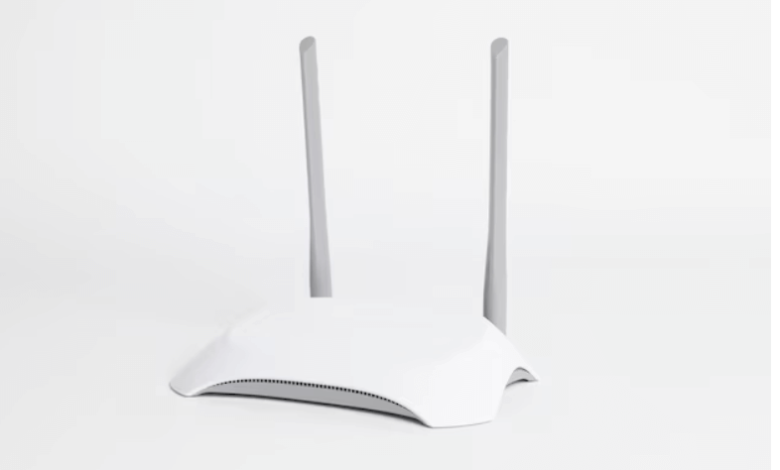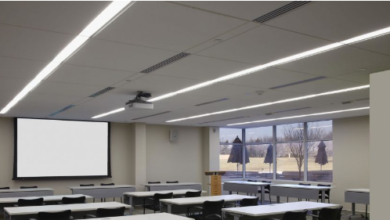How to Choose the Best Router in Kenya: Expert Guide for SMEs

Your office internet drops out right when you’re making a presentation to that important client. Staff are constantly moaning about slow downloads. Your website keeps going offline during busy periods.
The truth is, finding the best router in Kenya for your business isn’t really about getting fancy tech specs. It’s about stopping these headaches before they cost you serious money. Most small business owners think any router will do the job. That’s where things go wrong.
Why Cheap Routers Are Actually Expensive
Here’s something most people don’t realise. That KES 5,000 router from the electronics shop might seem like a bargain. But when it crashes during your busiest trading hours, you’re losing far more than you saved.
A friend who runs a printing business in Westlands learnt this the hard way. His cheap router kept overheating during afternoon rushes. Customers couldn’t submit orders online. He calculated he lost about KES 30,000 in just two weeks before switching to a proper business router.
Small businesses often start with consumer-grade equipment. These work fine at home where maybe five devices connect. But throw in twenty staff phones, tablets, laptops, plus customer WiFi, and things fall apart quickly.
Business routers handle the pressure differently. They’re designed to run continuously without those annoying restarts. They manage traffic better when lots of people are online simultaneously. Plus they include security features that actually protect your business data.
Understanding What Your Business Actually Needs
Not every company needs the same internet setup. A law firm with ten lawyers has different requirements compared to a digital agency uploading large video files.
Think about your daily operations first. How many people work during peak hours? Do customers use your WiFi? Are you running security cameras or other connected devices? All these factors affect which router works best.
Light internet users might include small retail shops or consultation firms. Basic dual-band routers often suffice here. You’re looking at maybe 15-25 Mbps total capacity. Reliability matters more than raw speed.
Medium usage businesses include most professional services. Architecture firms, accounting practices, small manufacturing. These need 50-100 Mbps and benefit from tri-band routers. Quality of Service (QoS) becomes important here because it prioritises critical applications over casual browsing.
Heavy users are creative agencies, e-commerce companies, tech startups. They need 100+ Mbps and enterprise-grade equipment. Often they require across multiple internet lines for redundancy.
Something many people overlook is upload speeds. Kenyan internet packages love advertising download speeds but upload capacity often disappoints. If you regularly send large files, backup to cloud services, or host video calls, this matters enormously.
What Actually Matters When Shopping
Speed specifications grab attention but don’t tell the whole story. A router advertising 1200 Mbps sounds impressive until you realise your internet connection only delivers 50 Mbps anyway.
Connection capacity is more important. Consumer routers typically handle 15-20 simultaneous connections before slowing down. Business models manage 50-100+ without breaking a sweat.
WiFi standards matter too. Look for WiFi 6 (802.11ax) if budget allows, or at least WiFi 5 (802.11ac). These newer standards juggle multiple devices much better than older technology.
Security features separate business routers from home versions. WPA3 encryption, guest network isolation, proper firewall capabilities. Some include intrusion detection systems that alert you about potential threats.
Range affects performance more than people expect. A powerful router placed in the wrong location performs worse than a modest one positioned centrally. Consider your office layout carefully. Buildings with thick walls or multiple floors often need mesh systems or additional access points.
The Money Side of Things
Router prices in Kenya start around KES 8,000 for basic business models. Enterprise equipment can cost KES 150,000 or more. The temptation is buying the cheapest option that seems adequate.
This usually backfires. That KES 8,000 router might need replacing every year due to overheating or performance degradation. A KES 25,000 router lasting four years actually costs less long-term.
Entry-level business routers (KES 15,000-30,000) suit companies with 5-15 staff. They include basic business features like guest networks and simple management interfaces.
Mid-range options (KES 30,000-80,000) work better for growing businesses. Advanced security, multiple network support, professional management tools. Worth considering if you’re planning expansion.
Enterprise gear (KES 80,000+) suits larger operations or businesses where connectivity is absolutely critical. Features like redundancy options, detailed analytics, comprehensive security suites.
Common Purchasing Mistakes
Focusing purely on advertised speeds is probably the biggest error. Marketing materials emphasise maximum theoretical speeds that you’ll never achieve in real conditions. Range, reliability, and feature set often matter more for business applications.
Another mistake is buying for today’s needs without considering growth. The router you purchase should serve your business for at least three years. Planning to hire more staff? Opening additional locations? Factor this into your decision.
Many businesses also skip professional setup and configuration. A powerful router configured incorrectly performs worse than a basic model set up properly. Consider hiring someone who knows what they’re doing, especially if networking isn’t your strength.
Making Your Choice
Start by understanding your current network usage. Count devices that connect during busy periods. Identify which applications consume most bandwidth. Note when slowdowns typically occur.
Test your existing internet speeds throughout the day. This helps determine whether poor performance comes from your router or your internet service provider.
Physical space affects router choice significantly. Open offices work well with single powerful routers. Buildings with multiple floors or thick walls often need distributed systems.
The router market evolves constantly. Models available today might disappear next year. Focus on capabilities and performance rather than specific brand recommendations.
Your router affects every digital aspect of your business. Take time evaluating options rather than rushing into purchases that might not meet actual requirements. The right choice pays for itself through improved productivity and fewer connectivity headaches.

